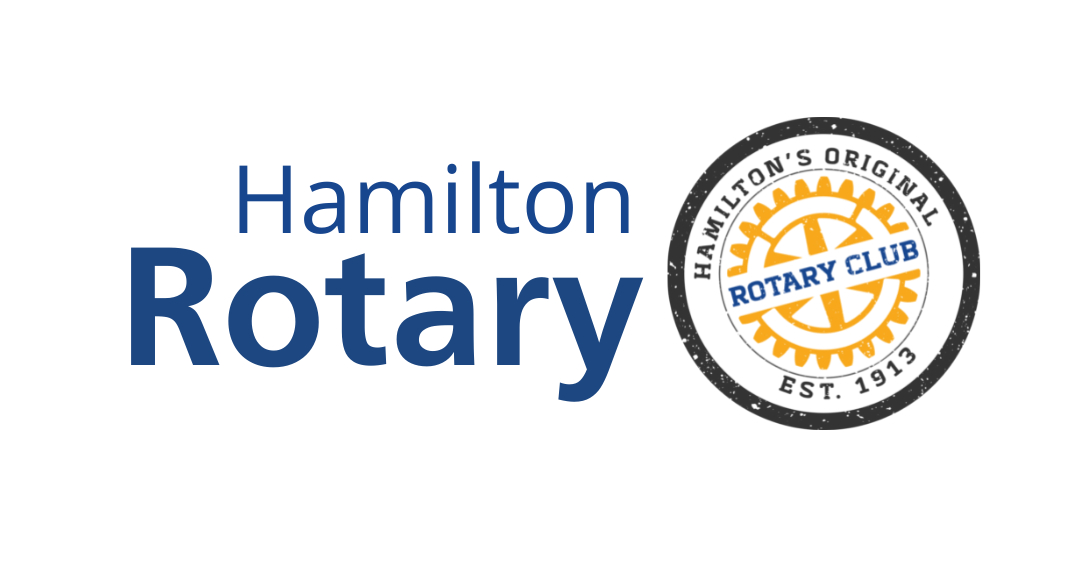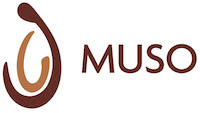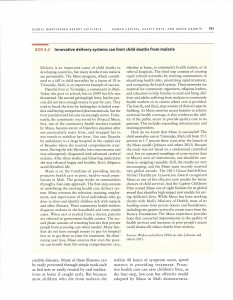The Rotary Club of Hamilton does many amazing things around the hamilton community; and across the globe. In partnership with 4 other Rotary clubs across the eastern seaboard your Rotary Club of Hamilton has a success story that proves that our club has once again made a difference in the world. I’m pleased to share with you some good news regarding the deployment of the joint Rotary project Thrive for Five in Mali. Despite challenging circumstances, the project is serving well and is now being picked up by the Malian government for replication across the country. Please see the email exchange provided below, which talks about the national engagement in Mali and the reporting on the project by the World Bank (the story is attached in attached jpg). I’m excited to share with you the article and further something we all can be proud about as our club has made a difference. This is the official letter it tells the full story…
Today, Mali launched a national strategic plan to scale up Community Health Workers to every region of Mali. Muso has been working closely with our partners at the Malian Ministry of Health to develop this plan over the past year.
“Muso is at the vanguard,” Dr. George Dakono, the National Director of Community Health Systems told us this morning. In recognition of the central role that the Muso team played in developing the national plan, he invited Muso’s Health Systems Director, Dr. Djoumé Diakité, to present the plan at the Ministry of Health today.
The five-year plan will train and deploy paid, professionalized Community Health Workers across each region of Mali. The Ministry plan also includes, for the first time, expansion of Community Health Workers into vulnerable neighborhoods of Mali’s capital.
This national team of Community Health Workers will be critical to stopping Ebola. By proactively reaching out to patients and families in their homes, Community Health Workers can counsel on prevention, connect patients quickly with care, identify and monitor contacts, combat stigma and promote community solidarity.
Today the Muso team also met with the CDC experts supporting Mali’s national Ebola response, to collaborate on CHW curriculum development and plan CHW training and deployment.
Ebola is an acute epidemic born from a chronic injustice: that millions of people living in poverty lack access to basic medical care. Today, 17,260 young children will die around the world, largely from diseases that are simple to cure.
In solving the Ebola crisis, we must also solve its root cause. We must together build health systems that provide health care as a human right. We must together build a world where children are not condemned to die because they are born in poverty.
Community Health Workers are at the heart of the solution, for Ebola and for global health equity—particularly when we deploy them at the vanguard of a strengthened health system that removes financial barriers for the poor.
The crisis is acute, and the crisis is chronic, and the urgency is great. Together we can solve it.
With Gratitude,
The Muso Team



